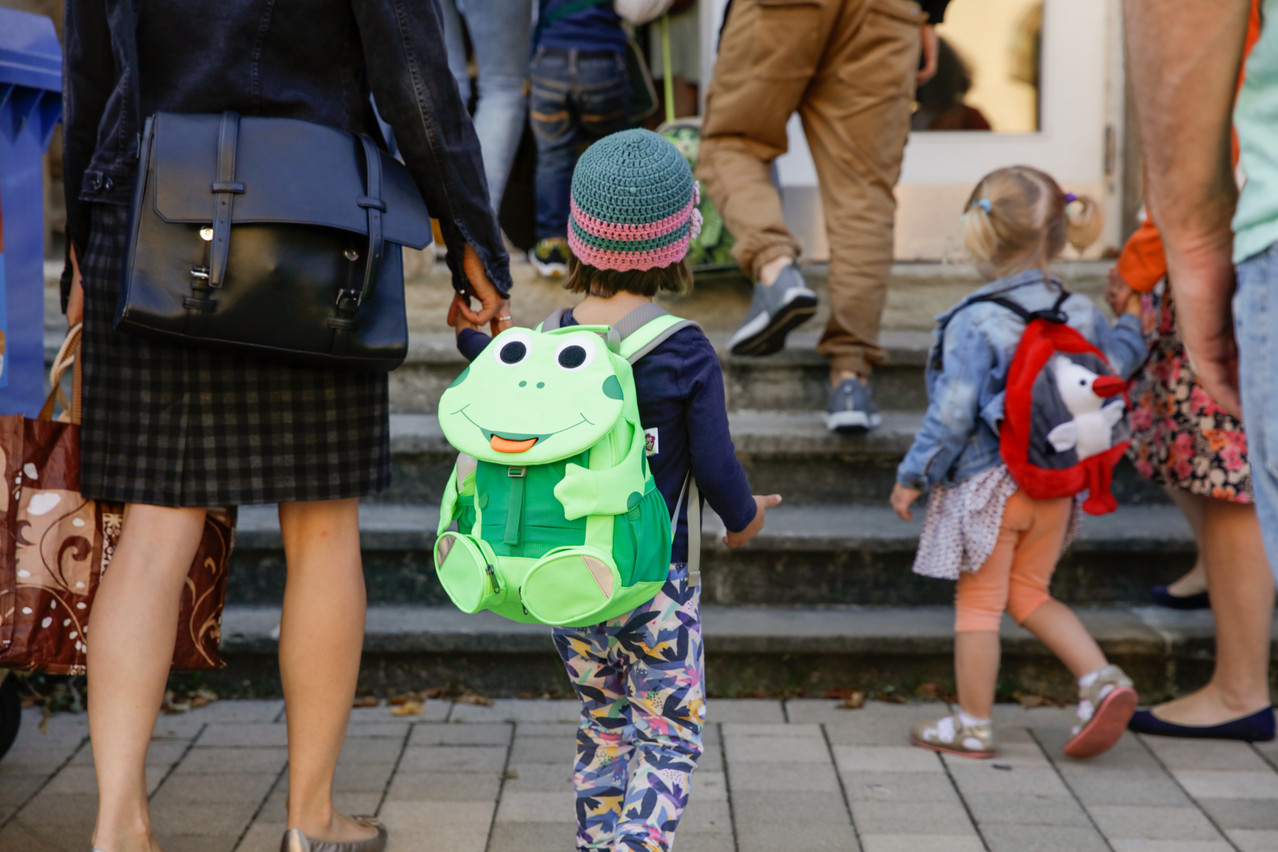More and more. On Monday 16 September, some 62,455 primary school pupils will be returning to school. This figure has been rising steadily in recent years (+10% since the start of the 2018-2019 school year), according to data provided by the education ministry a few hours before the end of the summer holidays.
In detail, 56,687 children will be joining the state education system and 5,768 the private sector. The private sector has seen its pupil numbers fall year on year (-10.4% since 2018-2019).
Pupil numbers are also rising in secondary education: 53,692 young people are enrolled this year, around 1,200 more than last year. The trend is upwards in both state (43,372 pupils) and private (10,320) education.
Teachers: women over-represented
As far as teachers are concerned, the ministry expects to have 6,438 staff in public basic education and 5,982 in secondary education at the start of the new school year. The proportion of female teachers is higher than that of male teachers. Women account for 55.1% of secondary school staff, and more than eight out of ten teachers (81.1%, to be precise) in primary education.
Two high schools with more than 2,000 enrolments
The top five high schools (lycées) break down as follows: 2,192 for the Lycée technique du Centre, 2,014 for the Lycée Mathias-Adam, 1,852 for the Lycée Guillaume Kroll, 1,694 for the Lycée Nic-Biever and 1,599 for the Lycée Michel Lucius.
63% of children benefit from the CSA
The education ministry also states that the number of places in education and care facilities will increase by 6.2% between 2022 and 2023, to 68,400. More than 61,000 children (57,891 residents, 3,581 cross-border commuters) are eligible for the childcare service voucher (chèque service-accueil, CSA), which consists of a state contribution towards the cost of childcare for children aged 0 to 12. “This represents 63% of the population of eligible children,” notes the ministry.
This article was originally published in .
